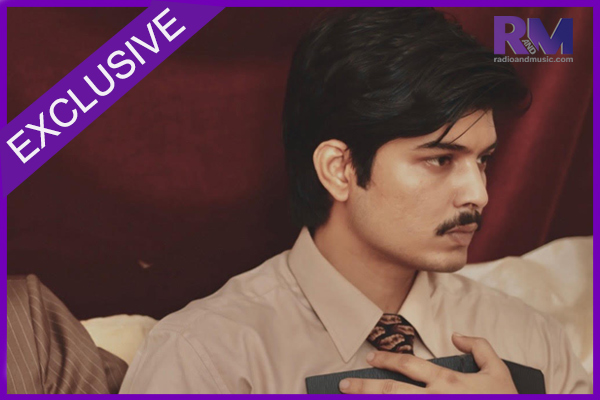MUMBAI: For singer-songwriter and visual storyteller Farhan Khan, Alif Laila isn’t merely a music album — it’s an entire cinematic universe. With a seamless blend of Urdu poetry, 80s South Asian fashion, and richly emotional narratives, the project blurs the lines between music, film, and fashion.
“Cinema has been my first love since childhood,” Farhan shares. “I grew up watching movies every day, studying their stories, visuals, and emotions. Naturally, when I began crafting Alif Laila, I approached it like a film — complete with characters, costume, story arcs, and emotional highs and lows.”
It’s this cinematic lens that transforms Alif Laila into something much deeper — a storytelling experience rather than a conventional music release. His decision to center the narrative in Urdu poetry was no accident either.
“Urdu adds timeless elegance and lyricism to the story,” he explains. “It allows me to articulate heartbreak without sounding bitter, and speak of love in a unique way. For me, Urdu poetry is not just a tool for storytelling — it is the story.”
At the heart of the album is a deeply personal tribute — to his father, a master tailor from Agra. His father’s influence, Farhan reveals, shaped not only the album’s aesthetic but also its soul.
“The way he paid attention to every cut, every detail — that precision found its way into my music,” he says. “Tailoring, much like songwriting, is an intimate process. You’re creating something that fits someone perfectly — just like a verse must fit a feeling.”
The protagonist of Alif Laila, Alif Abbas Qadri, is styled in custom-tailored outfits inspired by his father’s craft, with even his name honoring Farhan’s grandfather. “My dad also wrote ghazals,” Farhan shares, “and that’s where the poetic core of the album originates.”
Then there’s the fashion — bold, nostalgic, unmistakably 80s. Why that era? According to Farhan, “The 80s were a time of drama and elegance in South Asian culture. That emotional texture — the larger-than-life expressions, the tailored suits, the rich visuals — perfectly matched the world I wanted to create.”
From tinted sunglasses to finely stitched silhouettes, the fashion in Alif Laila isn’t just aesthetic—it’s language. “It’s how the characters communicate love, longing, and silence,” he adds.
So, what does Farhan hope audiences take away from this richly layered work?
“Alif Laila is an invitation to slow down and feel deeply. I want people to experience it like they’re watching a film unfold through music,” he says. “If someone cries at a verse or smiles at a melody, I want them to feel seen. This is a mirror — emotionally, visually, and culturally.”
With Alif Laila, Farhan Khan may have redefined what an Indian album can be — one that doesn’t just sound beautiful but feels like cinema.
